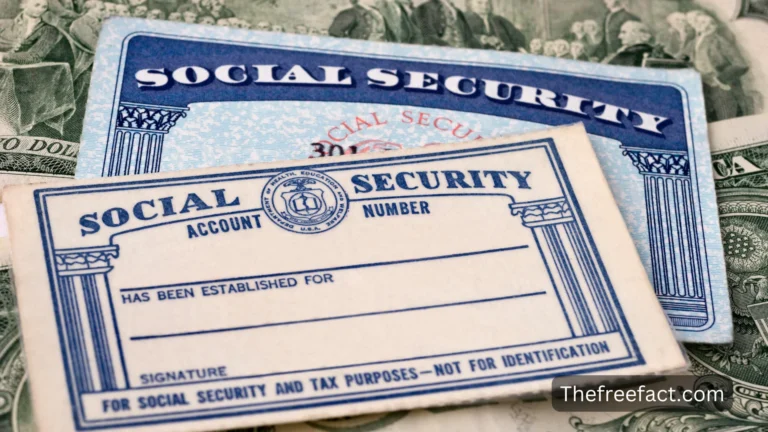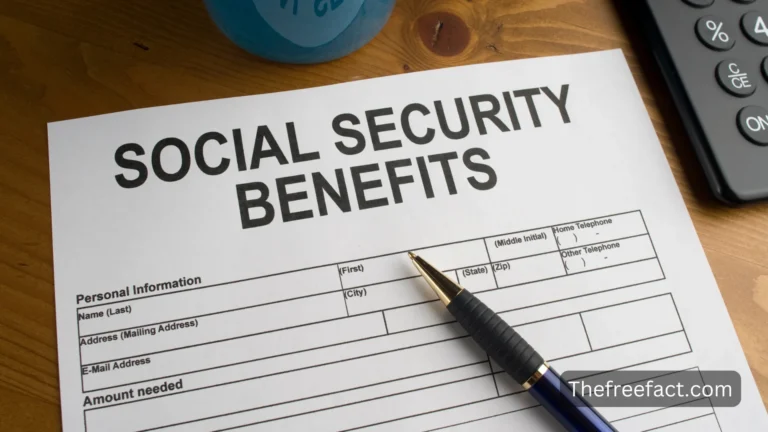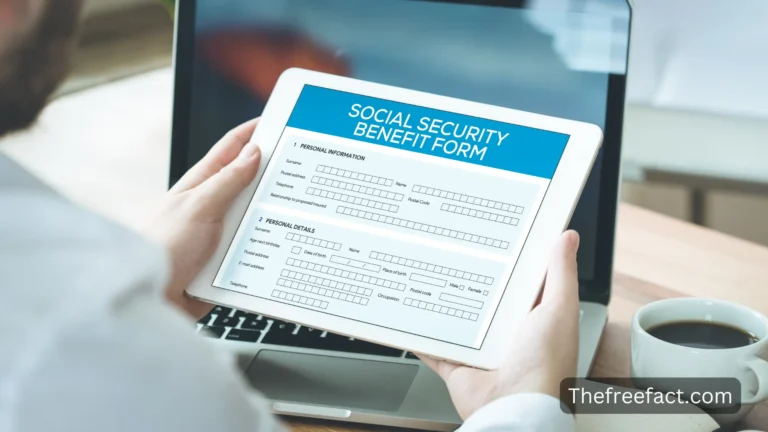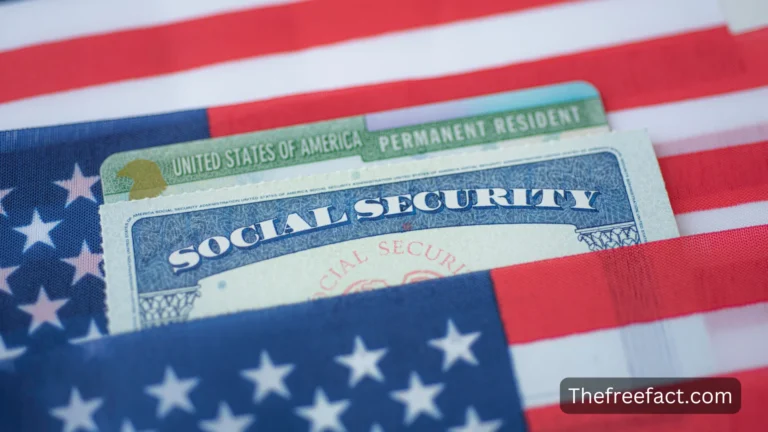Is Medicaid Waiver Income Counted As Social Security Income?
In Medicaid waiver programs, people with disabilities or chronic conditions receive financial assistance, allowing them to receive care at home or in a community setting, not in an institution. It is often a question that people who receive these payments have about whether Medicaid Waiver income is taxed as Social Security income.
People who rely on Social Security benefits should understand this distinction as it affects their eligibility, tax obligations, and overall financial planning.
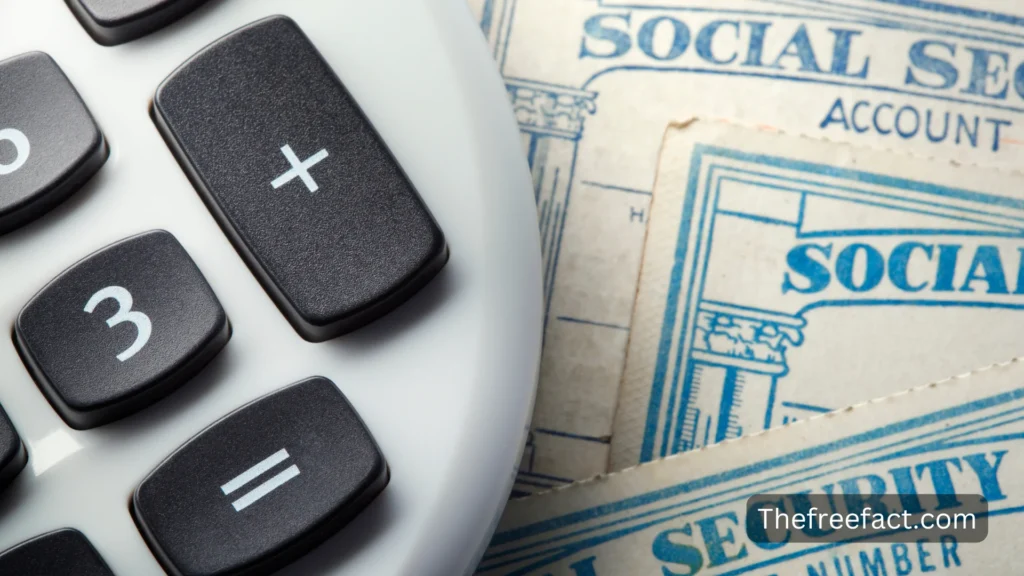
Medicaid Waiver Payments: What are they?
As described in Notice 2014-7, Medicaid waiver payments (MWP) are payments provided under Medicaid waiver programs to individual care providers who prepare meals, laundry, and provide personal care services for eligible people living in the same home as the provider under a Medicaid waiver program.
Medicaid Home and Community-Based Services Waiver (Medicaid waiver) programs must be administered by states or Medicaid-certified providers to authorize services.
Is Medicaid Waiver Income Counted As Social Security Income?
No, the payments you receive are not considered “earned income.” They are therefore excluded from FICA, the Social Security and Medicare payroll taxes.
Social Security Income: An Overview
What is Social Security Income?
The Social Security Administration (SSA) pays retirees, disabled individuals, or survivors’ benefits as social security income.
The types of benefits available through Social Security
- Social Security Retirement Benefits – Based on work history and age.
- Social Security Disability Insurance (SSDI) – For individuals who can no longer work due to disability.
- Supplemental Security Income (SSI) – Needs-based assistance for low-income individuals.
How Social Security Income is Calculated
Social Security benefits are calculated based on:
- Lifetime earnings.
- Number of work credits earned.
- The age at which benefits are claimed.
Also check: How To Know If Your SSN Found on the Dark Web?
Can These Payments Be Excluded From Income?
According to IRS Notice 2014-7, certain Medicaid waiver payments will be treated as difficulty of care payments, which will be excluded from gross income as of January 3, 2014. As long as the following conditions are met, no matter how closely related the individual care provider is to the individual receiving the care:
- Individual care providers live in the same house as eligible individuals receiving care.hat
- A maximum of 10 qualifying individuals under the age of 18 are being cared for OR
- No more than five qualified individuals over the age of 19 are being cared for forever.
There is more information about Notice 2014-7 and frequently asked questions (FAQs) at Certain Medicaid Waiver Payments May Be Excluded From Income on IRS.gov.
Medicaid Waiver Payments: How to Report
- If you receive MWP, report them on line 1 of your tax return as wages for the purpose of claiming the EITC or the ACTC, even if you did not receive a Form W-2nts.
- To figure your MWP income on Schedule 1, line 8, subtract the nontaxable amount from any other income you must report on line 8 and enter the result in parentheses if the result is less than zero.
In an electronic return, enter “Notice 2014-7” as an explanation for the MWP amount reported on Schedule 1, line 8. In a paper return, write “Notice 2014-7” on the dotted line.
Is it Possible to Recover Payments that Have Been Incorrectly Reported in a Prior Year?
If you included certain MWP in your total income and were taxed on them, you should consider filing an amended return to exclude them from gross income using Form 1040-X, Amended U.S. Individual Income Tax Return, citing Notice 2014-7. For more information on when to file Form 1040-X, see the Instructions for Form 1040-X.
MWP described in Notice 2014-7 can also be included in earned income when calculating the EITC or ACTC, so consider filing an amended return if you received the payments as wages or self-employment income and if including them in earned income would benefit you.
If you would like your amended return to be processed faster, please include the following items:
- Individual’s full name (and theirl’s social security number (SSN) or other taxpayer identifying number, if available).
- Copies of document showing that you and the individual receiving care lived in the same home for the year in questioning. In addition to a driver’s license or other government-issued document, you may also have correspondence from a social agency that might be providing you with benefits, a bank statement, a medical bill, or a utility bill showing that you and the person receiving care live at the same address.
- An official statement from a state agency confirming that the person received treatment under a MWPnc.
Can I still get a refund if I file by a certain date?
Generally, you must file your original claim for refund within three years of the due date for the IRS to issue your refund. This is also known as the refund statute expiration date (RSED).
It is generally not possible for the IRS to send a refund or apply credits to other underpaid tax years after the three-year window closes.
The RSED for Tax Year 2016 has been extended from April 15, 2020 to July 15, 2020 under current law due to the Coronavirus. Please refer to the Coronavirus Tax Relief page on IRS.gov: Filing and Payment Deadlines Questions and Answers for more information.
Despite the possibility of later changes, you should try to file any 2016 tax returns or amended tax returns as soon as possible in order to avoid missing out on a refund.


